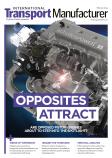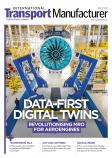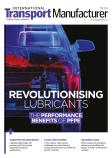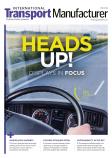Driverless vehicles have “huge potential to transform the UK’s transport network. They could improve road safety, reduce congestion and lower emissions,” says Hugh Boyes, cyber expert at the Institution of Engineering and Technology (IET).
The IET reaction comes as the ministers have given green light to allow the first trials of self-driving cars in UK.
“But," says Boyes, "there are important challenges to address before these cars can be mainstream on our roads. Public acceptance and trust are crucial, so these trials must get to grips with the best ways to win over everyone from car manufacturers to consumers to the benefits of driverless cars.
“There are new levels of risks that need to be considered when there is a combination of driverless and driven vehicles on the roads.
“To ensure a safe system of operation, the driverless car test trials require not only a good level of user skill and experience, but the user should also be able to demonstrate a good understanding of the systems in the car, the potential failure modes, how faults are indicated and most importantly how they will take swift and decisive control of the vehicle if they suspect there is a fault.
“The trials will also need to address liability in the case of an accident. Today the car driver is liable, but in the future will it be the car manufacturer or owner – and how will insurance companies adapt to this? As a minimum, when approving automated vehicle testing on public roads, manufacturers must accept that software in their vehicles attracts the same liability as the physical components of the vehicle.
“Perhaps the biggest question mark will be around cyber security. The reliability and security of software used in driverless cars will be a major cause of concern for manufacturers and insurers. If hackers found a way to target vehicles, this could present a whole new set of challenges that the industry is not currently equipped to tackle.”











